If you’ve experienced the persistent annoyance of midges, you know how these tiny creatures can turn a beautiful day outdoors into something far less pleasant. Whether you’re planning a self-guided hiking trip, a backyard barbecue, or a tranquil evening on your porch, midges can be a major buzzkill. But fear not! This blog will help you understand midges and, most importantly, how to get rid of them using a range of natural, physical, and chemical methods.
What Are Midges?
Before jumping into prevention tactics, it’s helpful to know your enemy. Midges are small, biting insects similar to mosquitoes, often called "no-see-ums" because of their tiny size (1-2 mm wingspan). Unlike mosquitoes, midges don't carry diseases, but their bites can cause red, itchy welts.
Best of all, they have a climate preference. Midges thrive in warm, damp conditions, making them more prevalent in humid areas, such as Scotland or near bodies of water. Early mornings and evenings, particularly during still, windless weather, are their favorite times to hunt.
Midges vs Mosquitoes
It’s easy to confuse midges with mosquitoes, but here are the major differences:
- Size: Midges are much smaller, often no bigger than a pinhead.
- Swarming Habits: Midges fly in swarms, while mosquitoes usually operate solo.
- Sound: While mosquitoes are infamous for their high-pitched buzzing, midges are pretty much silent.
Now that you know your foe, here’s how to keep them at bay.

Natural Midge Repellents
Natural repellents offer a great first line of defence, especially for anyone looking to avoid harsh chemicals. They’re eco-friendly and smell amazing too!
- Essential Oils
Scents like citronella, eucalyptus, lavender, and tea tree oil are natural deterrents for midges. Add a few drops of your chosen oil to water in a spray bottle and spritz your skin generously before heading outdoors.
- Herbs & Plants
Planting herbs like rosemary and mint in your garden works as a deterrent, thanks to the smell they emit. For camping trips, crush some fresh herbs and scatter them around your living area.
Over-the-Counter Natural Options
- Smidge Spray: Popular in Scotland, Smidge is free of harmful chemicals and offers up to 8 hours of protection.
- Avon's Skin So Soft Dry Oil: Originally designed as a moisturizer, this product has cult status among midge-sufferers. It’s fresh-smelling, chemical-free, and surprisingly effective.
Pro Tip: Pair these natural solutions with other methods for maximum effect during heavy midge activity.

Physical Barriers
When natural repellents aren’t cutting it, physical barriers can make all the difference!
- Mosquito Nets and Mesh Screens
When hiking, keep pesky midges and insects at bay by using lightweight and portable mosquito nets.
- Protective Clothing
Cover exposed skin with lightweight, long-sleeved shirts and pants. Clothes treated with insect repellent offer an extra layer of protection.
Chemical-Based Midge Repellents
Sometimes, you just need a stronger line of defense. If midges are relentless, these options are tried and trusted by outdoors enthusiasts.
- DEET-Based Repellents
DEET is widely recognized as one of the most effective chemicals for repelling insects. Just be mindful of prolonged exposure. DEET can also damage plastics or synthetic materials, so avoid wearing watches or sunglasses when using it.
- Picaridin
A less harsh alternative to DEET, picaridin is effective against midges as well as no-see-ums. It’s odorless, non-greasy, and less irritating for sensitive skin.
Safety Tip:
Always read the labels for usage guidelines, especially when applying chemical repellents near food, pets, or children.
Midge Traps
Midge traps are a practical, hands-free solution, perfect for both indoor and outdoor settings.
- UV Light Traps
These devices attract midges with UV light before trapping them using a fan or sticky pad. Place them near trouble spots like patios, camping areas, or indoors near entry points.
- Sticky Traps
Large sticky sheets can effectively trap wandering midges by luring them with an adhesive attractant. These work best in smaller, closed-off areas like porches or tents. 
Key Steps to Eliminate Midges
Getting rid of midges takes a combination of strategies. Here’s a quick recap of the most effective methods:
- Use natural repellents like essential oils or Smidge spray.
- Put up physical barriers like mosquito nets and protective clothing.
- Tidy your outdoor space and remove all standing water sources.
- Use chemical repellents for added protection during peak midge hours.
- Incorporate traps into your midge-control routine, indoors and out.
Take Control Today
Midges may be persistent, but they aren’t invincible! With the right preparation, you can enjoy your outdoor activities or cozy evenings free from their itchy bites. If you need more tips for pest-free adventures, check out our top self-guided hiking and biking tours.























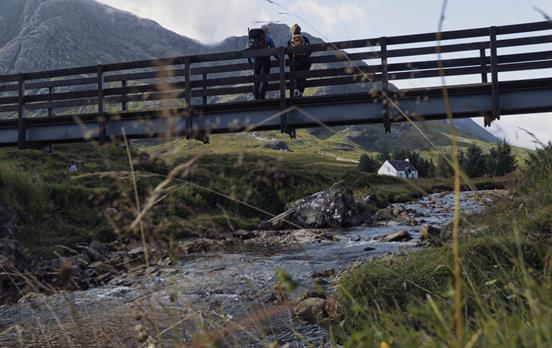






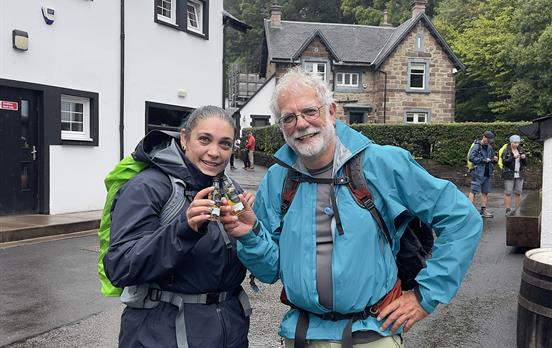





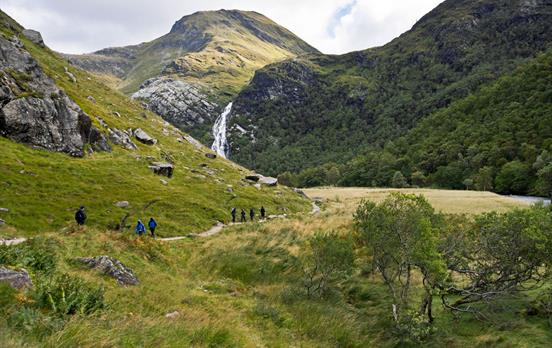



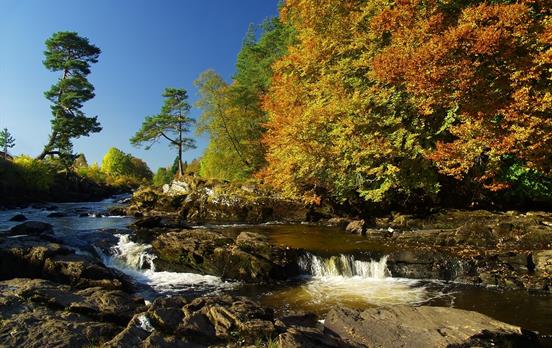
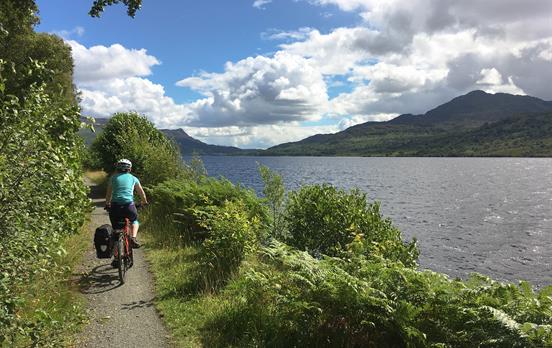

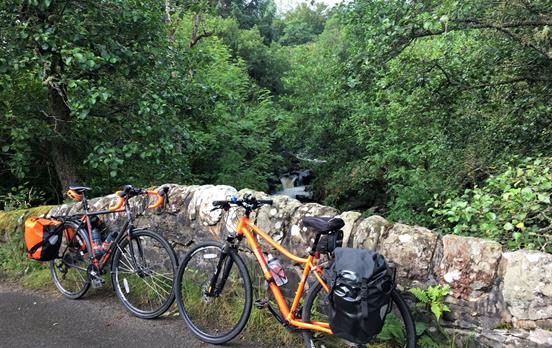


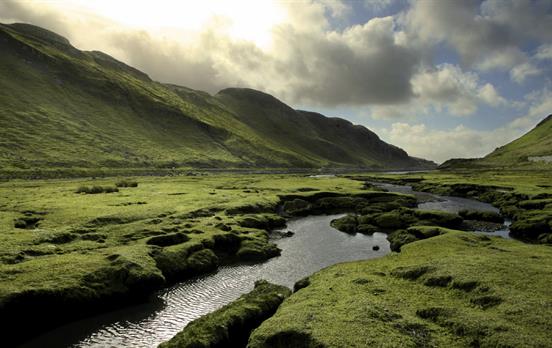





 Canada
Canada